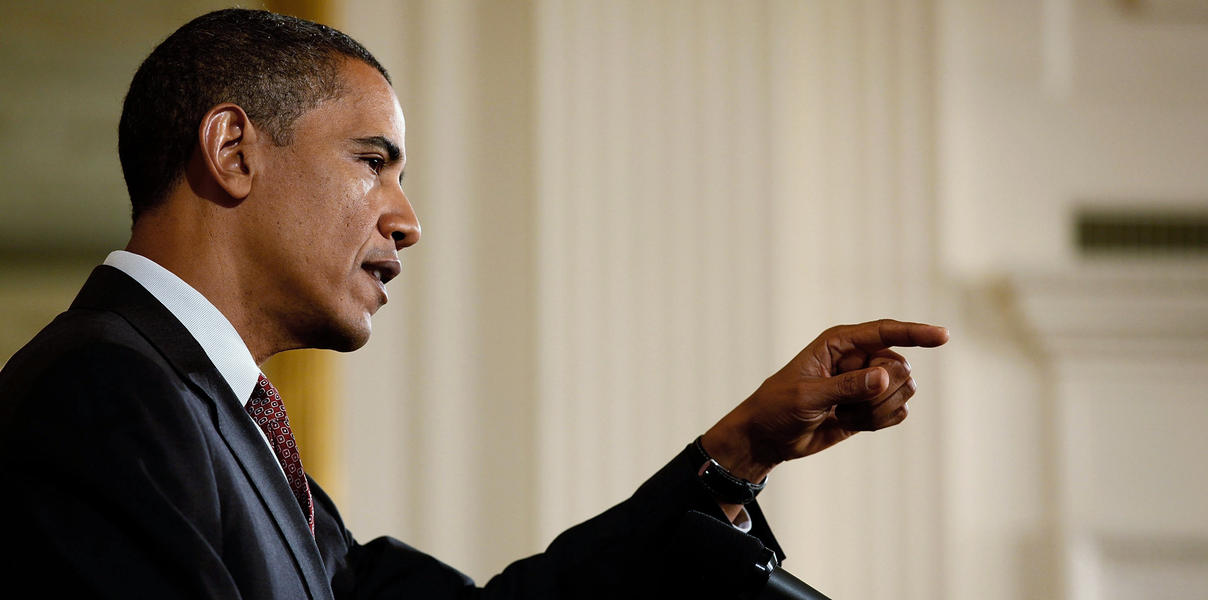Obama on ObamaCare: 'This thing is working'
Chip Somodevilla/Getty Images


A free daily email with the biggest news stories of the day – and the best features from TheWeek.com
You are now subscribed
Your newsletter sign-up was successful
President Obama on Thursday announced that 8 million people have signed up for health insurance through ObamaCare's exchanges since they went live in October. That's a significant uptick from the end of March, when just over 7 million people had obtained coverage, which indicates that people are still signing up in droves.
And the president noted that 35 percent of all enrollees were under the age of 35, the demographic most crucial to the law's success. Since younger people tend to be healthier and have lower health-care costs, ObamaCare needs their participation to offset the costs of adding older, sicker enrollees.
"This thing is working," Obama said.
The Week
Escape your echo chamber. Get the facts behind the news, plus analysis from multiple perspectives.

Sign up for The Week's Free Newsletters
From our morning news briefing to a weekly Good News Newsletter, get the best of The Week delivered directly to your inbox.
From our morning news briefing to a weekly Good News Newsletter, get the best of The Week delivered directly to your inbox.
The latest enrollment figures make the prospect of a dreaded "death spiral" — which was already highly unlikely — even more so. And the news comes soon after Gallup found the uninsured rate falling nationwide as a result of ObamaCare, and on the heels of a CBO report projecting the law would cost $104 billion less than anticipated over the coming decade.
"The repeal debate is and should be over," Obama said.
A free daily email with the biggest news stories of the day – and the best features from TheWeek.com
Jon Terbush is an associate editor at TheWeek.com covering politics, sports, and other things he finds interesting. He has previously written for Talking Points Memo, Raw Story, and Business Insider.
